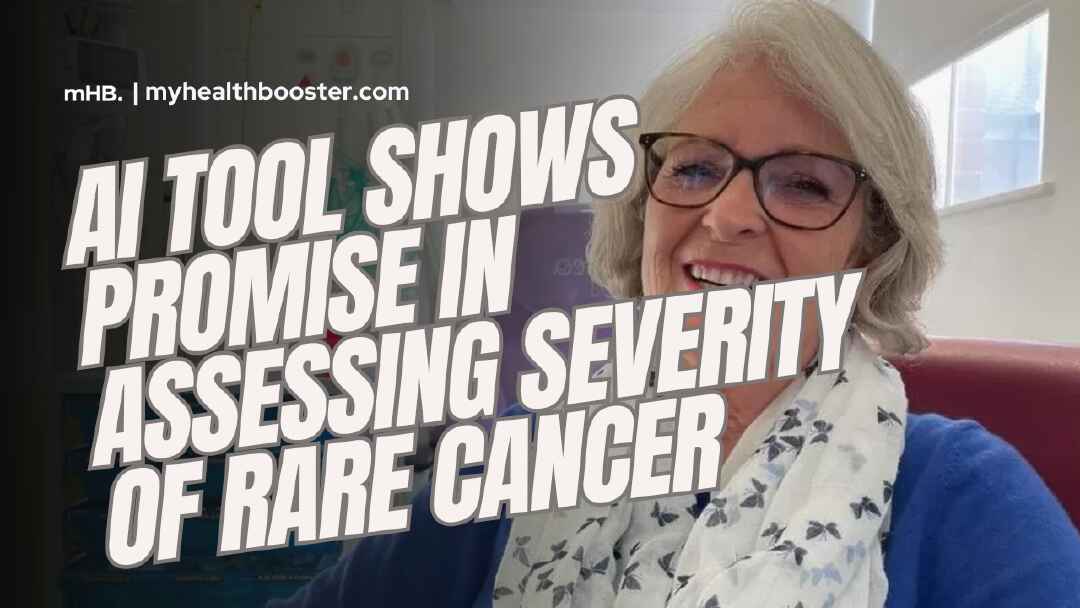An exciting study reveals that artificial intelligence (AI) has exhibited an ability almost twice as effective as conventional methods in assessing the aggressiveness of a rare cancer through scans. The AI, discerning details imperceptible to the human eye, demonstrated 82% accuracy in grading cancer’s severity, surpassing the 44% accuracy of lab analysis.
Researchers from the Royal Marsden Hospital and the Institute of Cancer Research have lauded the AI tool’s potential to enhance treatments and benefit numerous individuals annually, particularly those with this rare form of cancer.
The study is also seen as a step toward early identification of other forms of cancer. AI is already showcasing considerable potential in diagnosing breast cancer and streamlining treatment durations.
Professor Christina Messiou, a consultant radiologist at The Royal Marsden NHS Foundation Trust, and a professor in imaging for personalised oncology at The Institute of Cancer Research, London, expressed excitement about the technology’s prospects. She anticipates faster diagnoses and better-tailored treatments, potentially leading to improved patient outcomes.
The researchers employed a technique called radiomics to unveil subtle signs of retroperitoneal sarcoma in scans of 170 patients. Using this data, the AI algorithm accurately assessed the severity of the tumours for an additional 89 patients from various hospitals in Europe and the US. The AI’s performance far exceeded the accuracy of biopsies, where a tiny portion of cancerous tissue is analyzed under a microscope.
One patient, Tina McLaughlan, diagnosed with sarcoma in her abdomen, believes the AI tool will greatly benefit future patients, providing a quicker diagnosis and potentially leading to better, more informed treatments.
Retroperitoneal sarcoma affects around 4,300 people in England annually. The researchers aim to make this technology available globally, offering personalized treatments to high-risk patients while sparing those at low risk from unnecessary treatments and follow-up scans. Dr. Paul Huang from the Institute of Cancer Research sees this as a promising step toward transforming the lives of people with sarcoma by tailoring treatment plans to the specific biology of their cancer.
